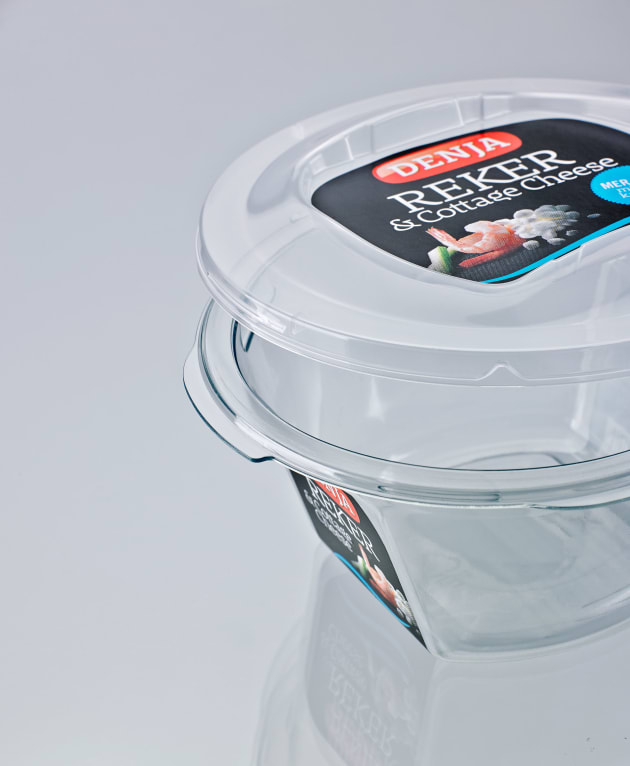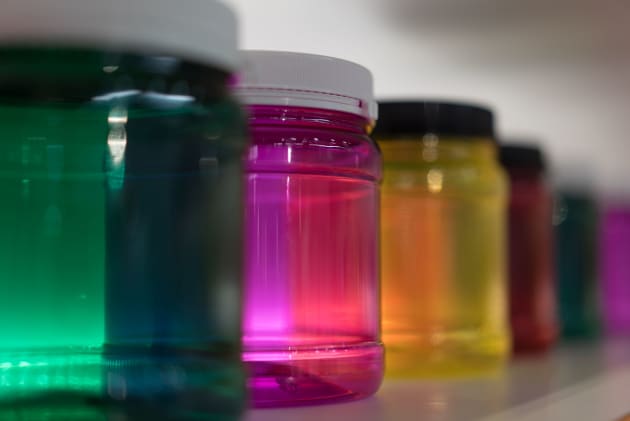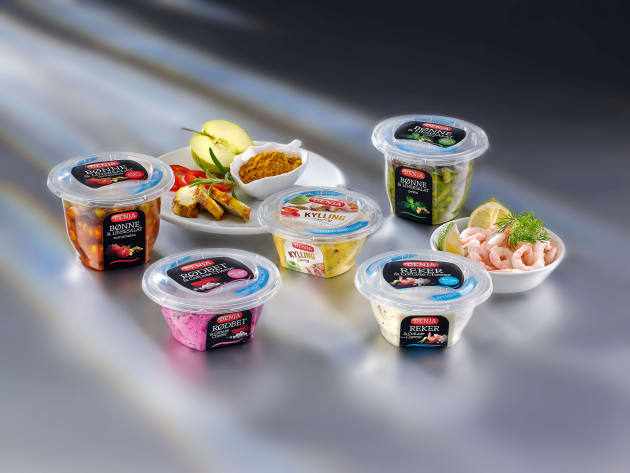UK headquartered plastics engineering company RPC Group has acquired Australian packaging company Synergy Packaging to give it an entry point into the Australasian market.
RPC, which last year celebrated the 25th anniversary of its establishment in the UK, is a global design and engineering company specialising in polymer conversion in packaging and non-packaging markets, with centres of excellence worldwide and a turnover in excess of £2bn.
Based in Tullamarine, Melbourne, Synergy Packaging manufactures PET containers for the beauty, cosmetics, pharmaceutical and food markets. According to RPC, the company had a turnover of AUD$17 million (£10 million) in the financial year ended 30 June 2016.
Synergy's senior management team is remaining with the business, and for the company and its customers it's “business as usual”, according to Managing Director Meng Chong, who spoke to PKN at the recent Auspack 2017 exhibition in Sydney.
Chong said the company has a thriving manufacturing base in Melbourne, and has built up its business over the last 15 years, starting in the cosmetics market and in the last five years branching into food and pharma with particular success with its wide-mouthed jars for protein powder.
“We found initial success by courting companies who couldn't afford their own moulds,” Chong said. “We offer a range of bespoke and off the shelf options, in family ranges. Our particular speciality is coloured containers, because not all packaging manufacturers are prepared to invest in short runs on coloured materials.”
Commenting on the acquisition, Chong said there are definite benefits to being part of a global group with access to new plastics technology.
RPC Group will be celebrating a 2017 Worldstar Award win at Interpack this year for The Twist Cup, from its divisions RPC Superfos and RPC Promens.
The Twist Cup is an innovative packaging solution developed for a range of premium cold salads from Orkla Foods Norway.
The pack successfully mixes two different resin materials and two different technologies to create a thermoformed cup with an injection moulded lid.
The result has similarities with a traditional glass jar which makes it stand out as something special in the cold salad segment.
In spite of the challenges that come from using two different resin materials, perfect compatibility between the thermoformed polyethylene body and the injection moulded lid of propylene has been achieved.
The lid latches into the locking groove of the cup and, when closed correctly, the consumer hears a comforting click-sound.











